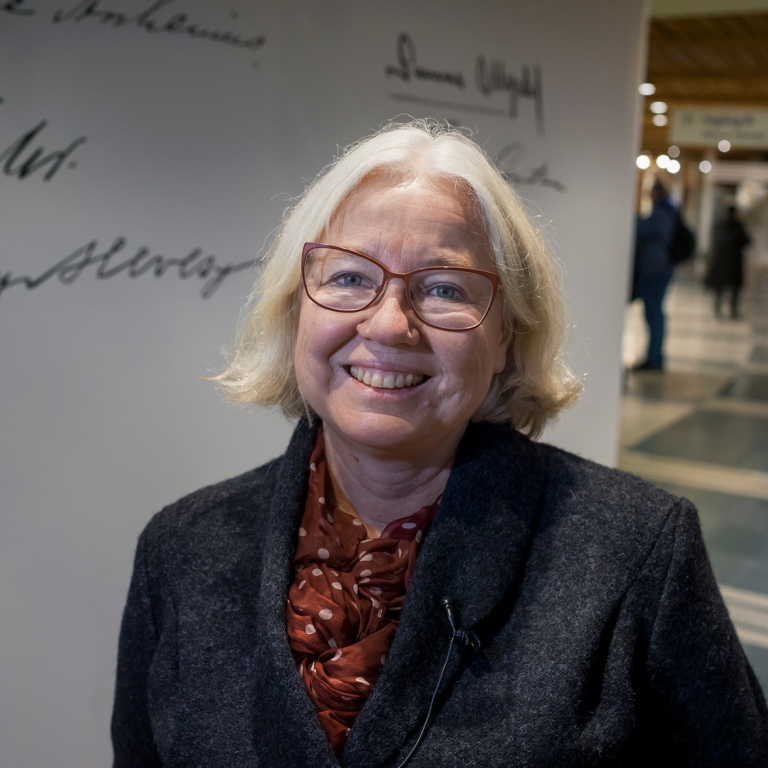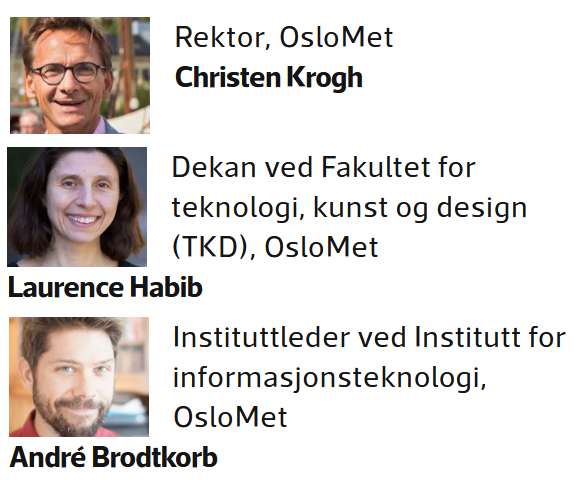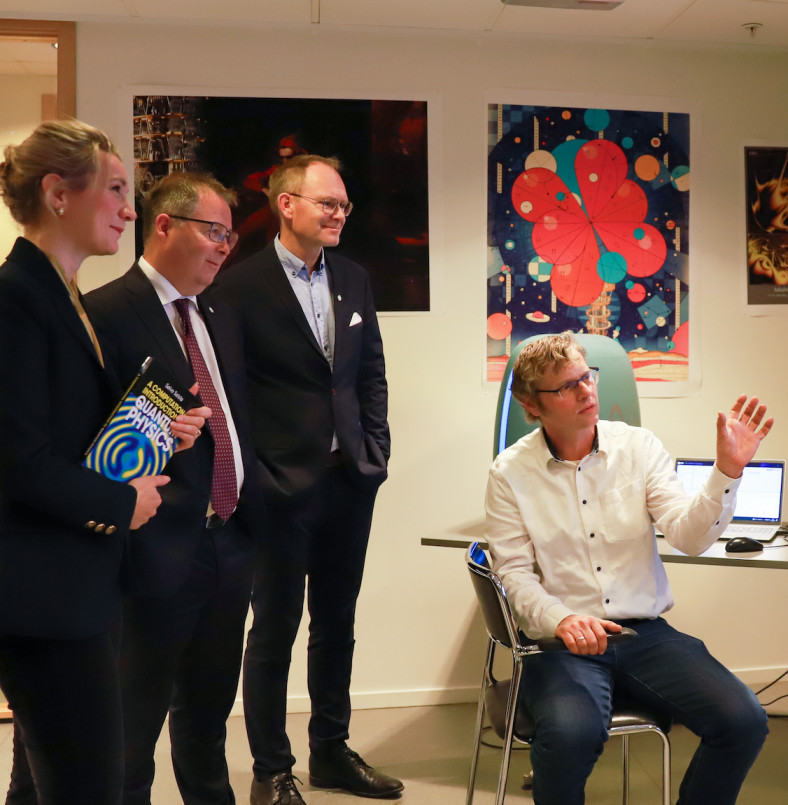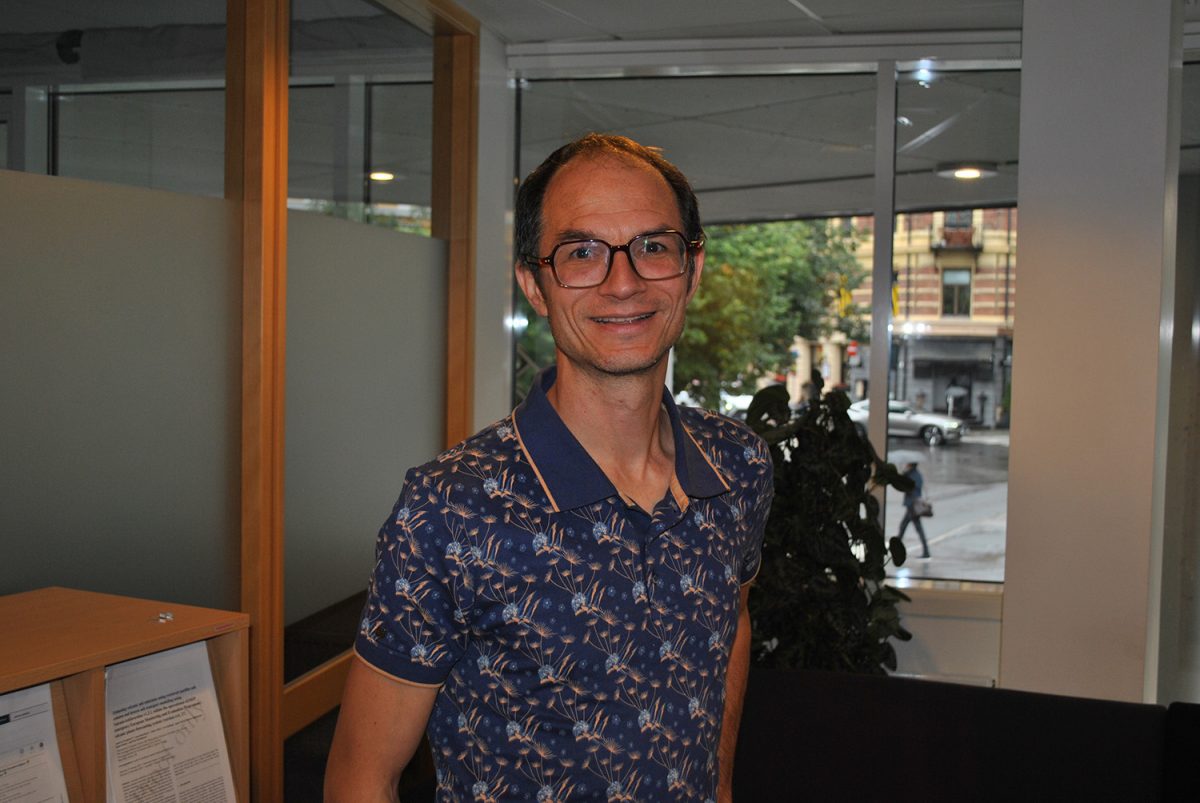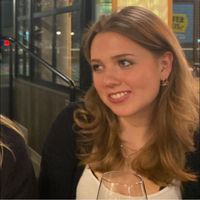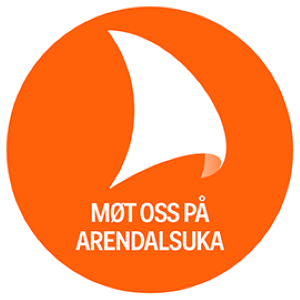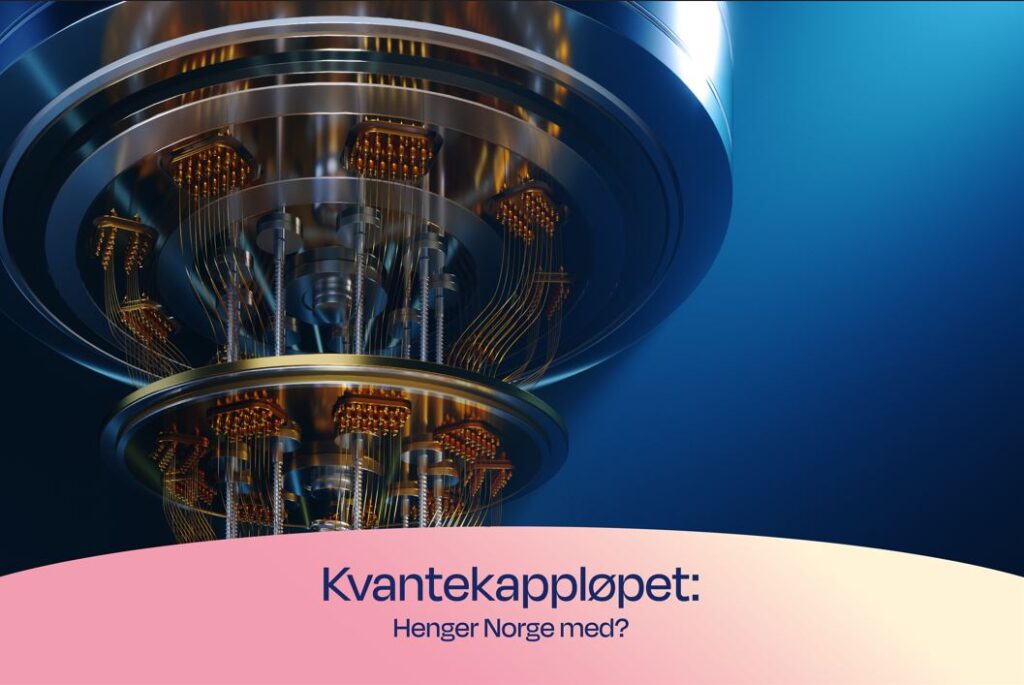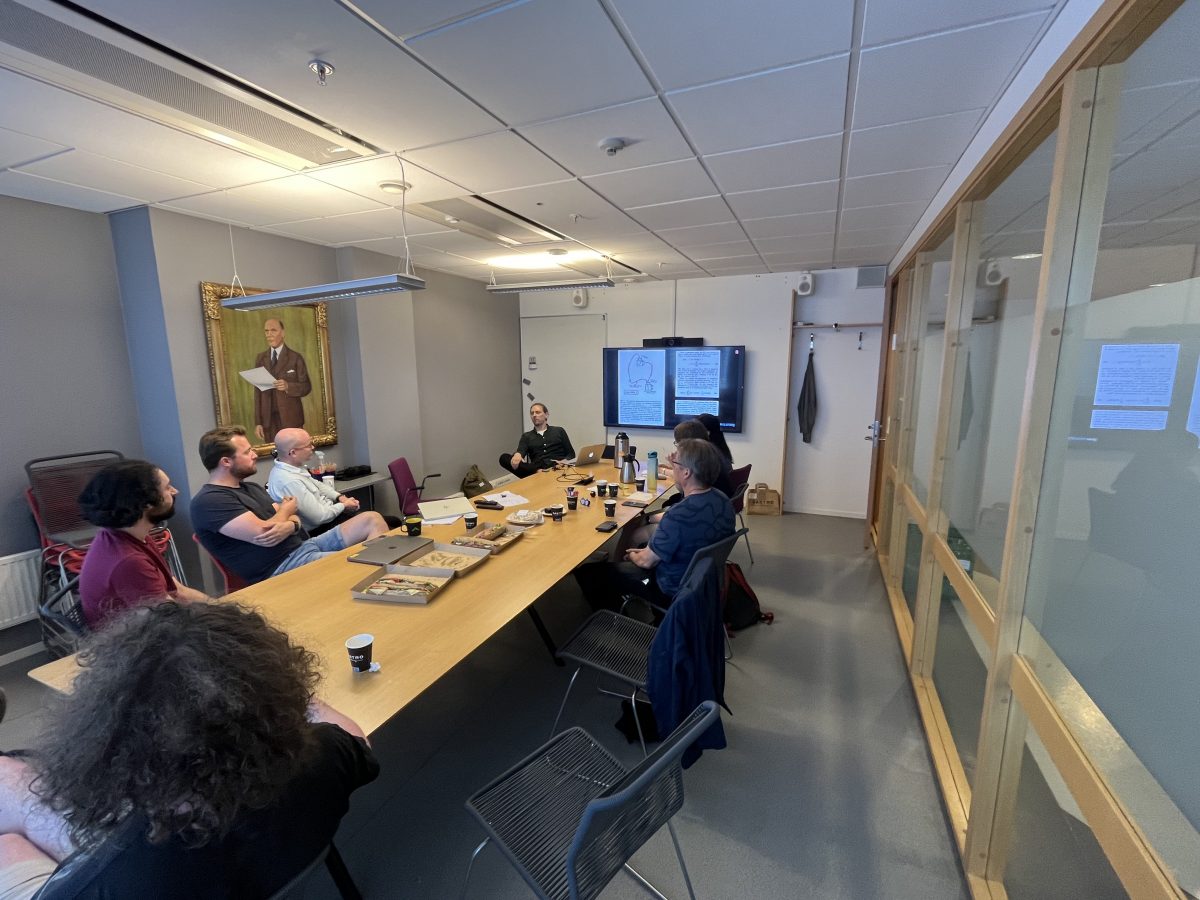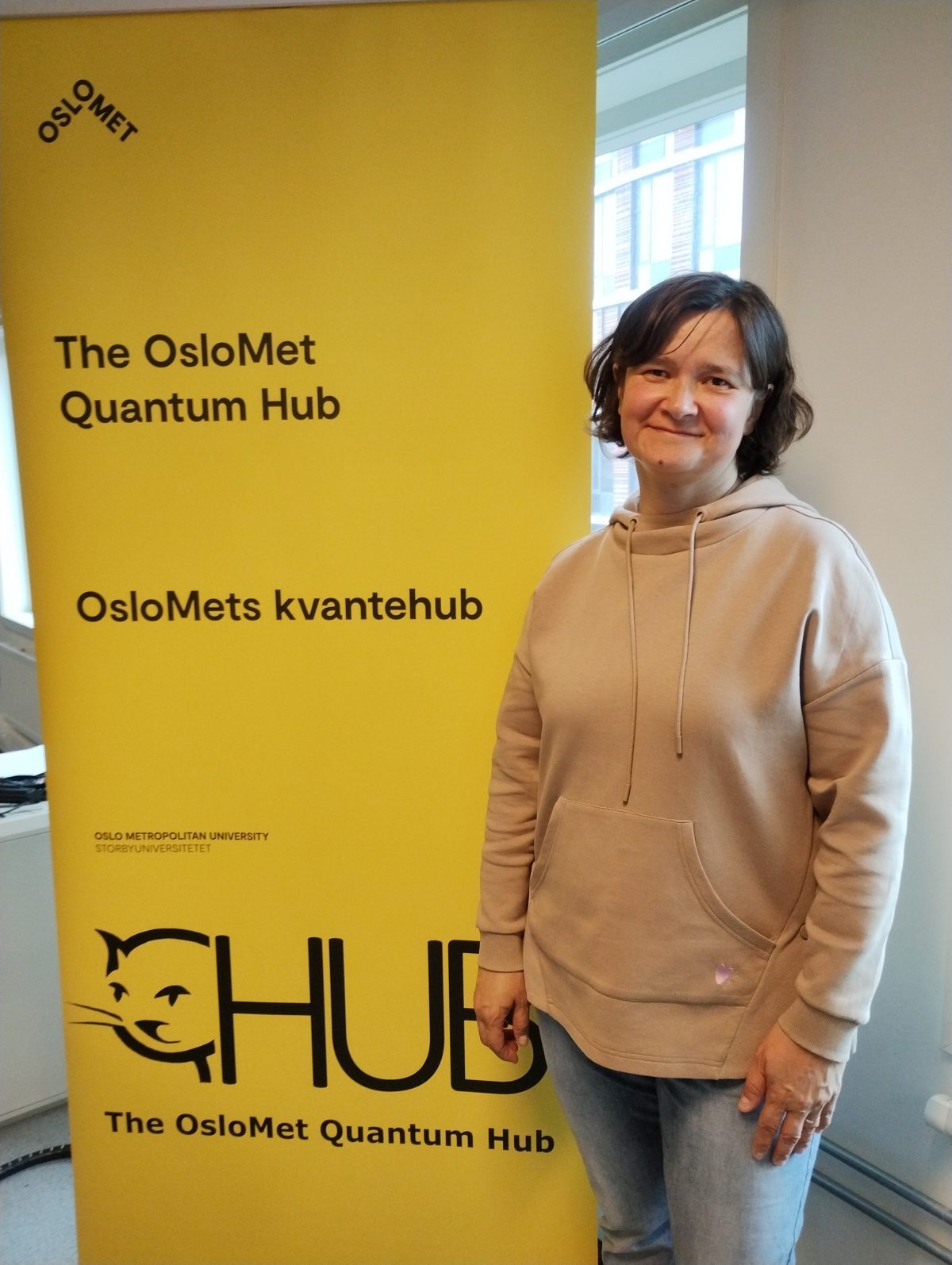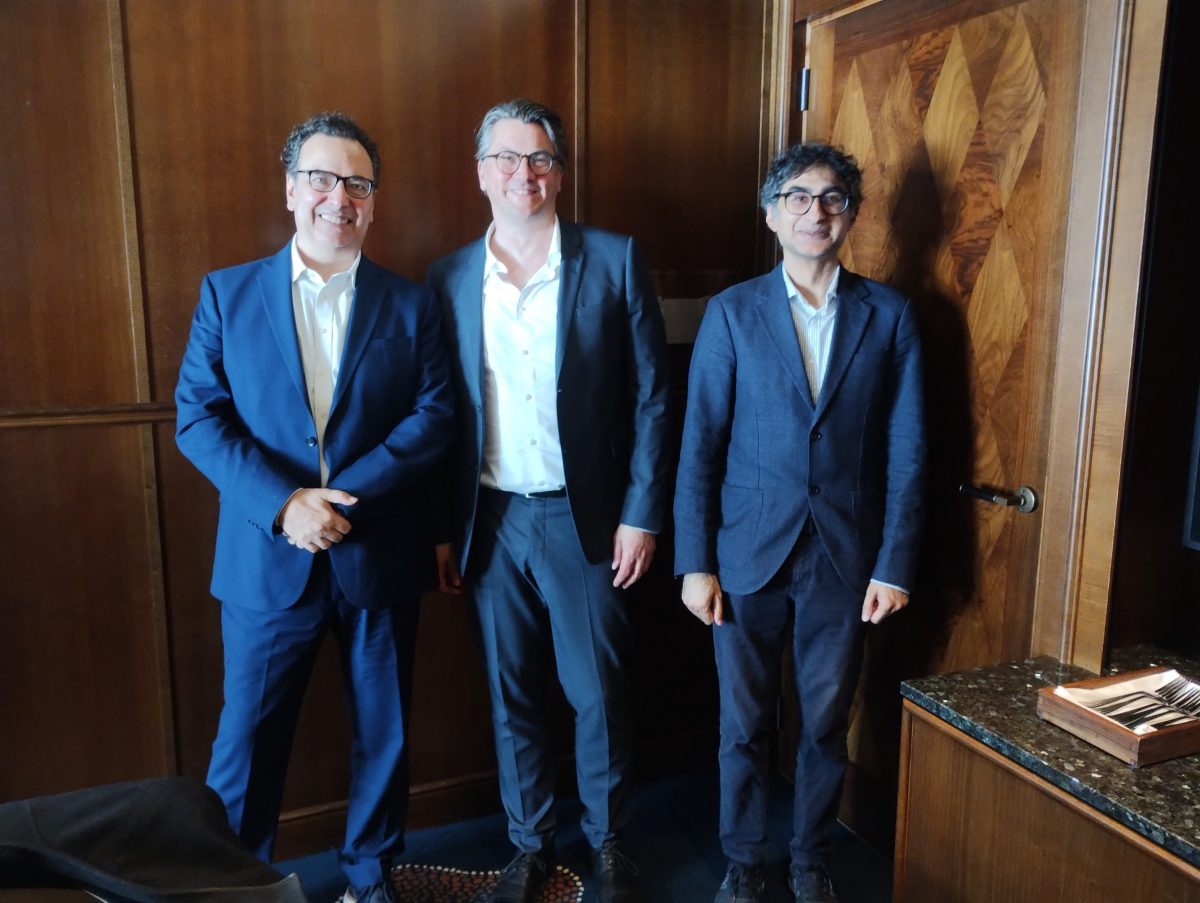Seminar: Eva Lindroth and the Nobel prize
It is a pleasure to invite you all a seminar with prof. Eva Lindroth from Stockholm University.
Her background is with atomic, molecular and optical physics. Her contributions to the field is diverse and impressive. She is also a member of the Royal Swedish Academy of Sciences, Vice Chair for the class of Physics.
In this seminar she will tell us about the Nobel prize – naturally with emphasis on the physics prize. We will hear about how the laureates are elected. And she will tell us about particularly famous laureates such as Curie, Einstein and Meitner. Meitner is, perhaps, the most grave omission ever made when it comes to the physics prize.
Much of Eva’s research is very closely related to this year’s and last year’s Nobel prizes, the latter being awarded within the field of attosecond physics with her fellow Swede Anne L’Houllier as one of the recipients. This year’s prize is, of course, particularly interesting to our colleges at the AI group – highlighting the close connection between physics and AI.
Time: Wednesday 30th from 12.00
Place: PS439 in P35 (We will try to find a larger room if need be)
On behalf of the MatMod group and the Quantum Hub,
Sølve
